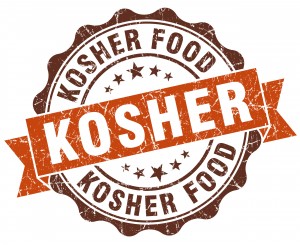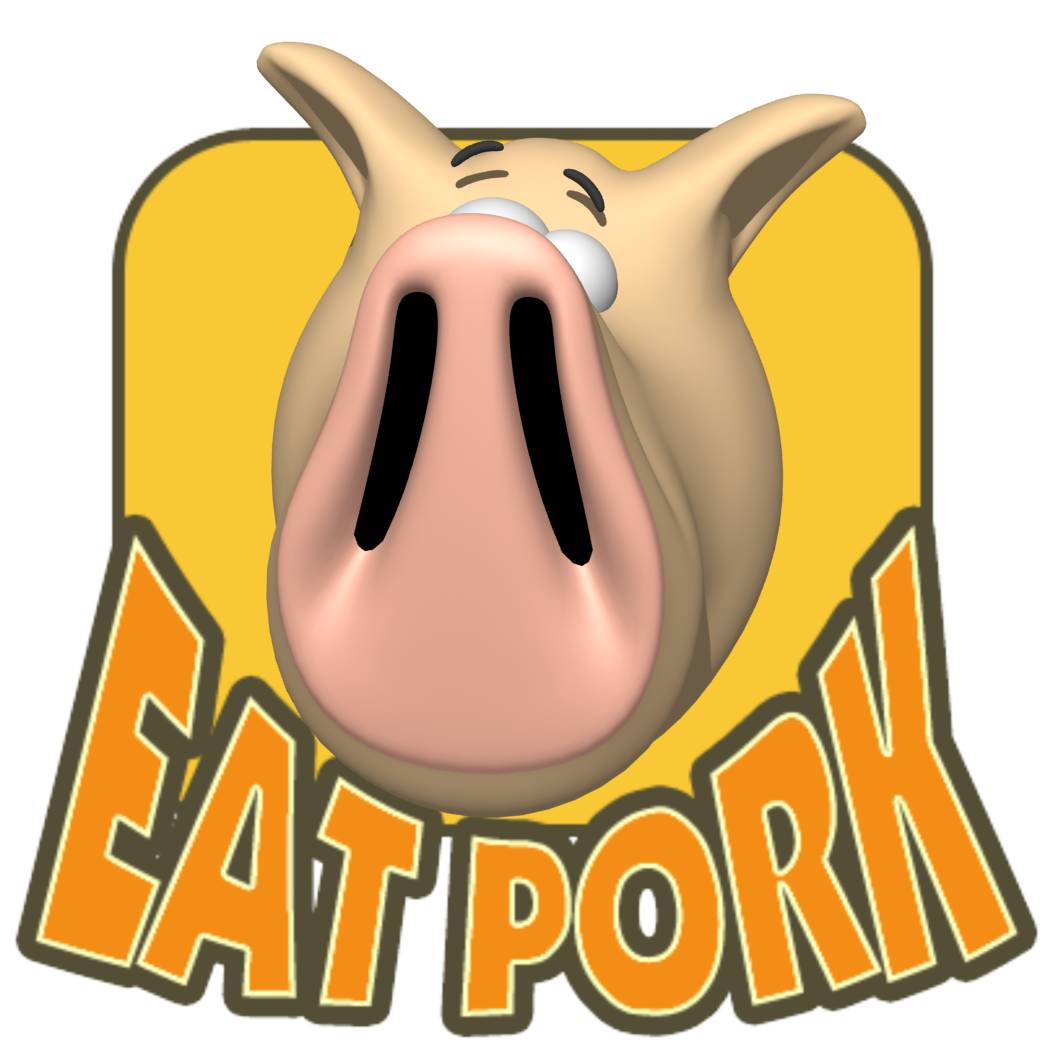Recently, in responding to my commentary on 1 Timothy 4:3–5 about praying over food, Jerry posed a very good question. He asked what was the larger issue that Paul was addressing in this passage to Timothy. I’ve known the answer to this question for 40 years, but I had never actually written it out. So thank you Jerry for giving me the opportunity to do this. I hope this strengthens the reader in their trust in the immutable nature of the Word of Elohim, regardless of the lies and traditions of men that would tell us that the biblical dietary laws have been done away with.
1 Timothy 4:1–3 Doctrines of demons…forbidding to marry…abstain from foods [Gr. broma].
Asceticism—A Doctrine of Demons
What social and cultural forces were affecting the saints such that Paul had to instruct them to beware of “doctrines of demons” that were encouraging them not to marry and to abstain from eating meat?
Is the Greek word food (Gr. broma) as used in verse three a reference to “articles allowed or forbidden by the Jewish law” (i.e. Elohim’s Torah-law or law of Moses) as the well known Strong’s Concordance claims? Is The Theological Dictionary of the New Testament (The TDNT)correct in its definition of this Greek word, when declares that broma relates to the “cultic and ascetic prescriptions of Judaism which are declared to be religiously indifferent by Jesus and early Christianity…[thus the] distinction between clean and unclean meats is done away” (vol 1. p. 642)—a claim that Arndt and Gingrich don’t even make in their touted Greek lexicon (nor do the lexicons by Vine or Thayer)?
Clearly, contrary to what some biblical scholars assert, Paul can’t be referring to the Torah here, since the Torah-law of Elohim neither prohibits marriage, but encourages it, nor does it command the abstention of eating biblically approved meats. In fact, the whole Levitical and tabernacle system revolved around the sacrifice and eating of kosher animals. To say these are doctrines of demons (as some Christian teachers claim) is blasphemy against YHVH Elohim’s Torah, which is the Creator’s very instructions to humans on how to live righteously and without sin (Ps 119:172; Deut 10:12; 1 John 3:4; 2:3–6; John 14:15).
Continue reading





